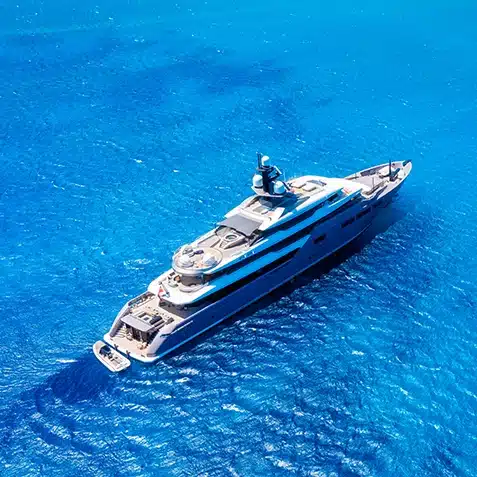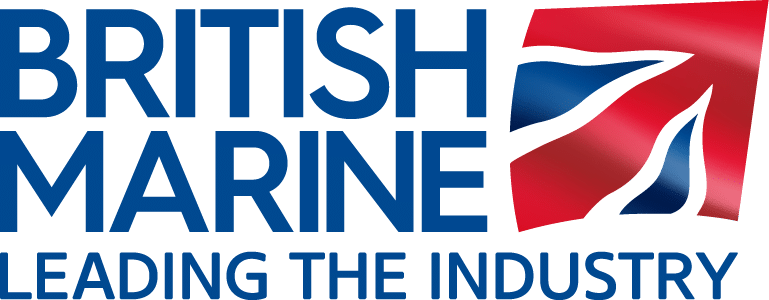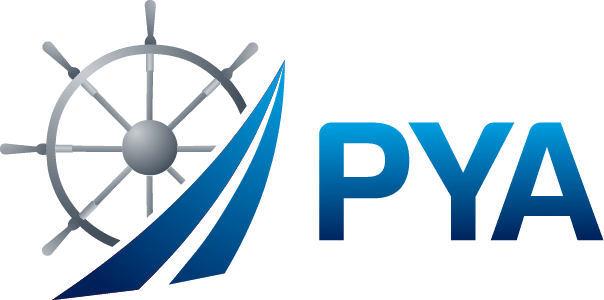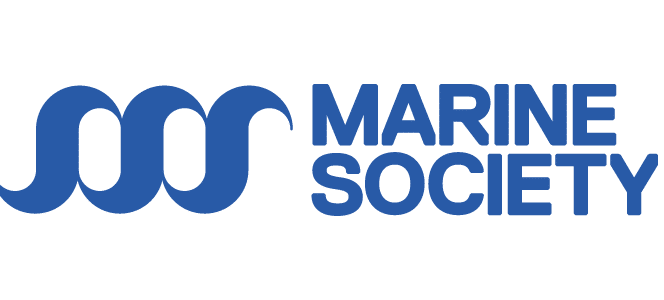Superyacht Management Course
Diploma in Superyacht Management
Superyacht Management
This exciting Superyacht Management Diploma from the Maritime Training Academy provides specialist training in the management, operation and administration of large yachts across the global yachting industry.
Study online and gain expertise in technical operations, compliance, crew management and financial planning for superyachts. This internationally recognised qualification is designed for professionals working in yacht management, brokerage, crewing, or those transitioning into shoreside roles within the superyacht sector.

Professional Superyacht Management Qualification
Develop the skills to manage large yacht operations, oversee crew logistics and ensure compliance with international yachting regulations.
Contact us below to enrol today, or speak with our experienced course advisors.

Duration:
12 - 18 months
Learn at your own pace
Online Course:
Study from anywhere

Cost:
Diploma: £3,195
Certificate: £2,295

Recognised by: 
Superyacht Management Diploma vs Certification
Choose the right path for your career:
Comprehensive Training: in large yacht operations, flag & class compliance, crew management, charter administration & financial planning for 24m+ yachts.
Flexible Study Duration: 12 – 18 month depending when you enrol to the program, study online at your own pace, from anywhere in the world.
Marine Industry Career Opportunities: 100% Online, with access to our student learning portal
Long-Term Career Impact: Yacht Manager, Fleet Operations Coordinator, Charter Compliance Officer or Superyacht Support.
Global Recognition: Our Diplomas are recognised by the University of Portsmouth and are supported by industry associations.
Assignments: One assignment is required to be completed and submitted at the end of each module, based on that particular subject.
Certification: you will receive a PDF Digital certificate (Printed Certificate Completion Pack available).
Final Examination: There will be a final examination upon completing and submitting all student assignments (exams are sat in April or October).
Post-Nominal letters: On passing the Diploma you can also use these letters after your name: MTA Dip SYMGT
Digital Course Badge: Upon successful completion students will receive an exclusive course badge for use on business cards, LinkedIn profiles and website(s)!
Diploma - £3,195
A globally recognised qualification for careers in superyacht management, yacht operations and large yacht compliance across the global yachting sector.
✔
✔
✔
✔
✔
✔
✔
✔
✔
✔
Certificate - £2,295
Specialist Superyacht Management Training without formal assessments, for those who do not require a recognised diploma.
✔
✔
✔
✔
✔
✔
Superyacht Management Curriculum: 12 Modules
Module subjects include ownership structures, personnel, logistics and safety management along with other essentials such as technical management, insurance, budgeting and charter management.
The course consists of 12 modules. All students are required to successfully complete and pass the module assignments. Diploma students will also be required to sit and pass a final examination.
1. An Introduction to Superyacht Management
- Introduction
- General background to the superyacht industry – a little bit of history
- International regulation of shipping (which includes superyachts)
- Flag states
- Classification societies and the role of class
- Different levels of regulation
- So what is superyacht management?
- The superyacht management marketplace today
2. Management of Safety
- Maritime law and conventions
- The flag state
- Codes of practice for commercially operated yachts
- Health and safety on board ship
- Managing owner’s expectations
3. Emergency Preparation and Response
- An introduction to emergency preparation and response
- Preparation and planning
- Communication
- Emergency organisation
- Training and drills
- Media
4. Ownership Structures
- Introduction
- Companies
- SPVS – Special Purpose Vehicles
- CSPS -Corporate Service Providers
- Partnerships
- Ownership structures
- Jurisdictions
- Trusts
- The family office
- Agreements and contracts
- Value Added Tax
- Brexit and VAT
- Flag and registration
- Finance and insurance
- Anti-Money Laundering (AML)
- Costs
5. Logistics of Superyacht Management
- Introduction
- Main cruising areas
- Transport
- Critical equipment
- Provisions and miscellaneous
- New builds
- Conclusion
6. Budgets and Accounting
- Financial policy
- Bookkeeping
- Double entry bookkeeping
- Accounting
- Preparing for an annual budget
- Costing
- Cash management
- Charter accounting and the APA
- Internal controls
- Audit
- Value Added Tax (VAT)
- Bribery Act
7. Management of Security
- SOLAS convention and the ISPS Code
- Who does the code apply to?
- The aims of the ISPS Code
- Ship security assessment and ship security plan
- Cyber security
- The ship security plan
- How to set up an ISPS system
- Procedures for ISPS port entry
- Company security officer
- Ship security officers
- The on-scene security survey
- Non-compliant facilities
- Physical security
- Drones
- Close protection
- Firearms
- Maritime security personnel
- Maritime training courses
- High risk area
8. Essential Law
- Legal concepts
- Maritime law
9. Insurance
- Introduction
- The legal side of marine insurance
- The practical side of marine insurance
10. Technical Management
- Being a technical manager
- The different aspects of technical management
- Flag requirements
- IMO requirements
- ISM code
- ISPS code
- MLC
- Technical responsibilities
- Emergency response
- Conclusion
11. Charter Management
- Introduction
- Role of the charter manager
- Campaign
- Location
- Itinerary
- Charter party profile and preferences
- Safety and security
- Conclusion
12. Personnel
- Superyacht crew and shore support
- How superyacht sizes and use impact the crew
- Typical crew day in a charter yacht
- Maritime labour convention
- Crew contracts
- Disciplinary procedures
- Recruitment
- Crew induction
- Career development
- Qualifications
- Crew management
Hear from our Students
Meet the Course Director
Russell Stockil
Head of Yacht Management at YachtZoo
Truly effective yacht management requires a multidisciplinary skill set. As stakeholders in the industry, yacht management has a key responsibility to provide continuity throughout the lifecycle of the yacht with its changes in Ownership, Captain/Crew, Flag/Class, location/jurisdiction and multitude of service providers each with their own role to play and an agenda not necessarily aligned with the overall best interests of the yacht operation.
With 30 years (12 aboard and 18 ashore) in the industry and a wide range of experience and exposure to yacht operational challenges and industry experts, Russell is keenly aware of the importance of asking the right questions and sense checking the responses in the context of the big picture and the best interests of the yacht.
A qualified Captain, Marine Surveyor and member of the Nautical Institute, with over 200 onboard audits and technical inspections carried out on a global fleet ranging from 35 to 135 metres., carrying bespoke machinery and operational systems, as well as project management and oversight for large refit periods for high profile clients, Russell has had the good fortune to be involved with all of the moving parts and many layers of complex operations and can draw on experience and working examples to ask the right questions.

Superyacht Management Course FAQs
Find out more about the course with our FAQs below.
How do I become a superyacht manager?
Start by gaining a recognised qualification like this, that covers yacht operations, crew management, compliance and logistics. This diploma prepares you for work in yacht management companies and fleet support roles.
What qualification will I receive from this course?
You’ll earn a Diploma in Superyacht Management from the Maritime Training Academy, recognised across the global yachting and maritime sectors.
Is this course suitable for those moving ashore from yacht crew roles?
Absolutely. It’s ideal for crew transitioning into operations, fleet management or yacht administration roles.
How much does a superyacht manager earn?
Salaries typically range from £45,000 to £85,000 depending on experience and fleet size, with senior fleet roles exceeding this range.
Does this Superyacht Course cover both private and charter yachts?
Yes. You’ll gain training applicable to the management of both private and commercial (charter) yachts, including relevant compliance and logistics
What size yachts does MTA’s Superyacht Management Course focus on?
The diploma is focused on large yachts over 24 metres (78ft), including superyachts, charter fleets and private vessels.
See our FAQ page for more questions answered about MTA courses.



Why Choose The Maritime Training Academy?

Flexible
Online learning allows you to study in your own time, at your own pace from anywhere in the world. This saves on travel and classroom costs and allows you to fit your studies around your job and progress your career.

Supportive
While the nature of distance learning is independent study, we recognise the importance of support. Students can contact us at any time during their course for assistance and our team of industry experts are always on hand for advice.

Expertise
We have over 50 industry experts writing, developing and advising on our course material. We truly believe that allowing students to tap into their expertise and knowledge is of the utmost importance to fulfil your dream career.
If you would prefer to complete this as a classroom-based course, please contact us.
